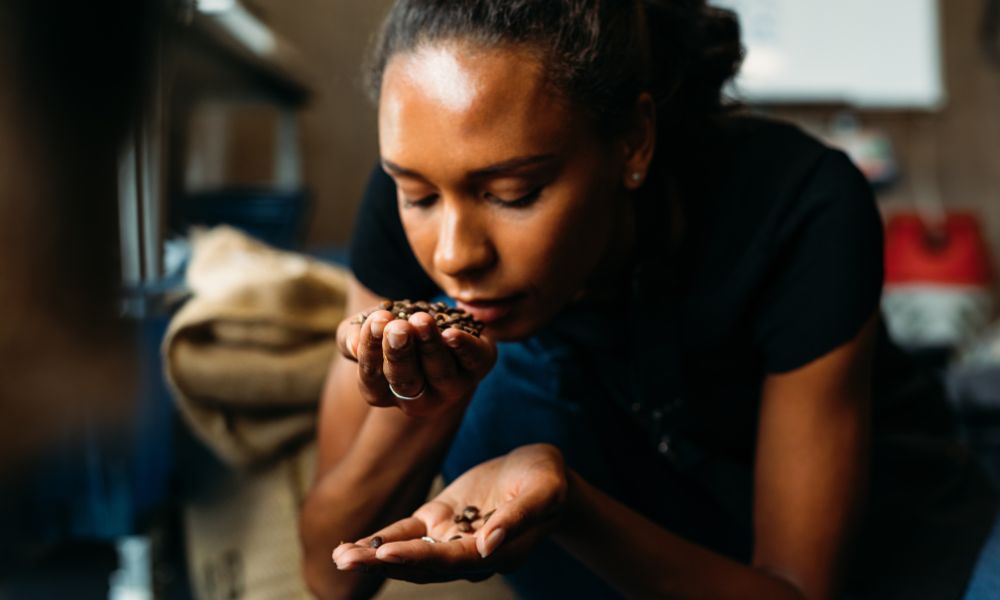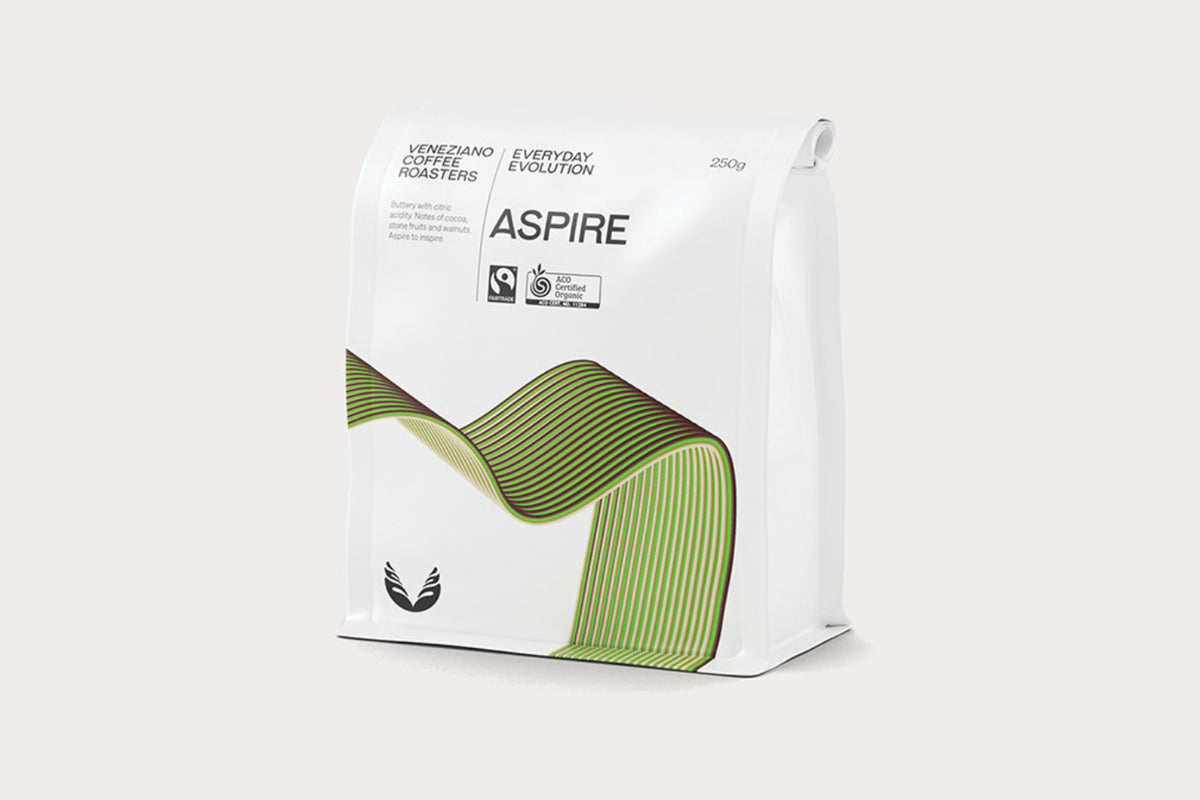At Veneziano our specialty coffee beans retail between $50-65 for a 1kg
bag. We also offer free shipping Australia-wide for purchases over $70.
Are you one of those people that can't start their day without a great cup of coffee? Do you love the taste and smell of freshly brewed coffee, but don't like the way it makes you feel after drinking it? If so, then make the switch and start drinking decaf coffee.
Decaf coffee beans are made from coffee beans that have had the caffeine removed, so you can still enjoy all the flavors and aromas of regular coffee without feeling wired afterwards.
Decaf coffee is a coffee bean that has been processed to remove most of the caffeine. Decaf coffee is a popular choice for people who don't want the caffeine, or for people who are pregnant or breastfeeding. Decaf coffee has the same flavor and aroma as your typical coffee, but it doesn't have the same energizing effect that comes from caffeine.
Decaf coffee is made from regular coffee beans. The beans are first soaked in water to remove the caffeine. Then, they are roasted and ground like regular coffee beans. Decaf coffee has about 97% less caffeine than regular coffee. A cup of decaf coffee has about 2 calories per fluid ounce, which is about the same as regular coffee. Decaf coffee also has a small amount of carbohydrates and protein.

Friedlieb Ferdinand Runge was a German chemist who is credited with inventing decaf coffee. In 1820, Runge discovered that caffeine could be removed from coffee beans by using solvents such as ethanol or chloroform. However, this process also removed many of the other flavors and aromas from the coffee beans. In 1903, an American company called S.C. Johnson & Son developed a new process for removing caffeine from coffee beans without removing the other flavors. This process is still used today to make decaf coffee.
There are several ways to remove caffeine from coffee beans, and they vary in the caffeine removal methods they use, the length of time it takes to process, and the residual caffeine after the process. Here are the different ways you can remove caffeine from coffee beans:
The Swiss Water Process is a safe, chemical-free process that uses only water to remove caffeine from coffee beans. The caffeine is extracted from the coffee beans using hot water and a filter. The water is then recycled and used to extract caffeine from more coffee beans. This process is repeated until all of the caffeine is removed from the coffee beans. Here at Veneziano, ourGlide Decaf Blend is produced using the Swiss Water Process so you can be sure that it’s environmentally friendly and chemical-free.
Direct solvent decaffeination is a process that uses chemicals to remove caffeine from coffee beans. The most common chemical used in this process is methylene chloride, which is a colorless, odorless liquid.
Indirect solvent decaffeination is a process that uses water and steam to remove caffeine from coffee beans. The coffee beans are first soaked in water. Then, they are steamed at a high temperature.
In this method, the coffee beans are soaked in hot water with carbon dioxide pressure added. The pressure forces the caffeine out of the coffee beans. This method is considered to be safer than using solvents because there is no contact with any harmful chemicals. However, this method takes longer and produces less caffeine-free coffee than other methods.
The decaffeination process removes most, but not all, of the caffeine from coffee beans. The exact amount of caffeine that remains in decaf coffee varies and depends on a number of factors, including the type of coffee bean and the method used to decaffeinate it. Generally speaking, though, most decaf coffees contain about 2-5 mg of caffeine per cup. That's about 1/10th the amount of caffeine found in a typical cup of regular coffee, which has around 95-200 mg of caffeine.

Decaf coffee beans are a good choice for people who want to enjoy the benefits of coffee without the side effects that come with caffeine. Decaf coffee beans have been shown to:
All our beans are roasted in our Diedrich Roasters to maximise flavour and deliver the optimum balance of acidity and sweetness for the perfect cup.
Microlots: Our micro-lot and single origin coffees are roasted in a style that showcase the processing methods, varietals and flavour profile of the beans. Microlot coffees are best enjoyed black as a straight espresso, long black or as filter coffee.
Blends: Our signature blends have been developed by our team of expert master roasters. Each blend consists of two or more single origins which are separately roasted to highlight the individual flavours and then blended in the post roast stage. They are best enjoyed with a dash or lots of milk and suited for home and commercial espresso machines.


Glide, our premier decaf blend, is produced using the Swiss Water Process and is a blend of Brazil and Colombia beans that packs in the flavour without the caffeine. It is resplendent with notes of honey, cinnamon and milk chocolate.
There’s no need to rush to the supermarket the next time you run out of coffee because we’ll make sure that won’t happen again. If you want freshly roasted, highest-quality decaf coffee beans delivered straight to your door like clockwork, you'll be a fan of our Coffee Bean Subscriptions - free shipping Australia-wide, discounts and other VIP deals, plus a free Masterclass with our Barista Champions to help you get the best brew every time.